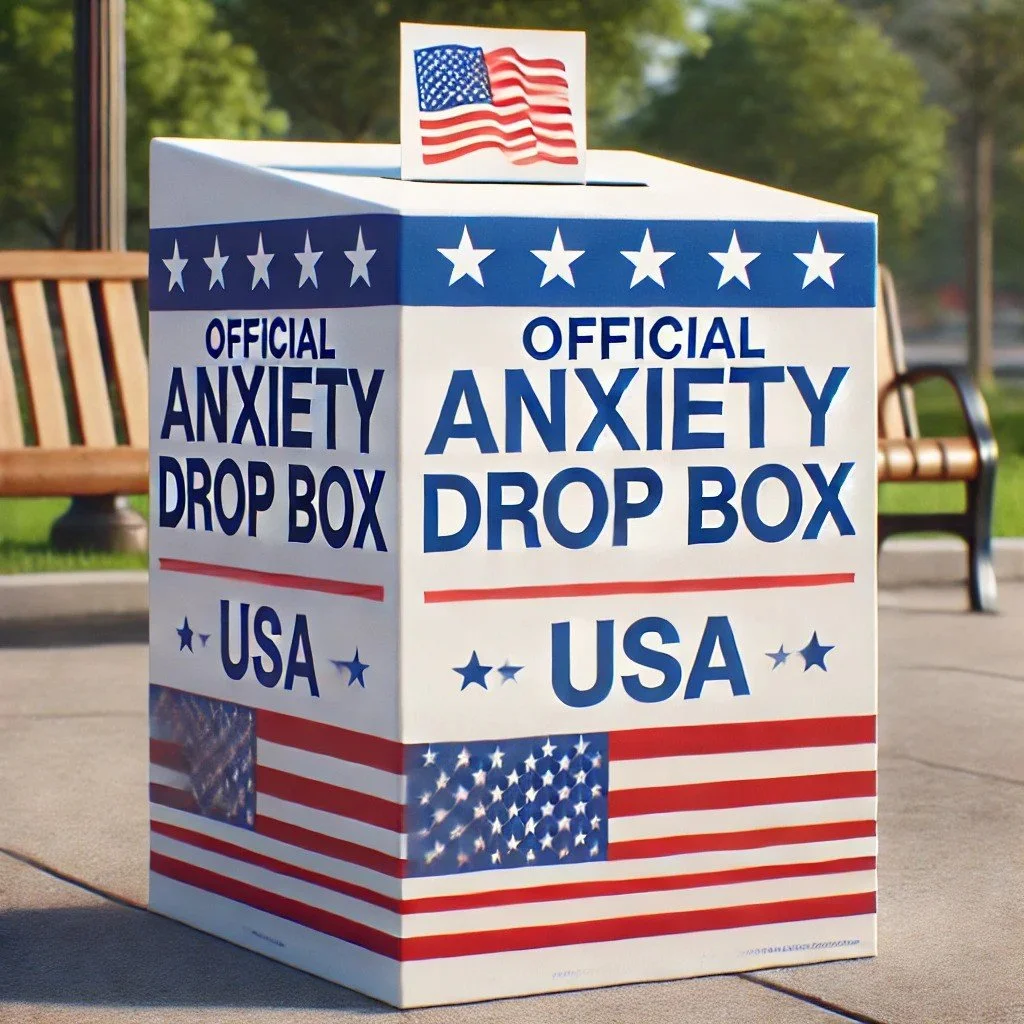Boundaries Are Over; Here’s What’s Next
When therapy terms like "boundaries" become widespread, they often get diluted and distorted. People invoke boundaries when making selfish or unkind decisions, using the term as a barrier instead of a helpful relationship tool. After years of helping people with trauma and relationship problems, we've seen the downsides of this distortion. It's sometimes used to gaslight and avoid responsibility. But we're not advising to abandon the concept of boundaries altogether. Here's the future of how we talk about boundaries.
Why Boundaries Are Misunderstood
Boundaries are often misunderstood because they can be mistaken for barriers. For instance, saying "I need space" can sometimes come off as dismissive or cold. If not properly communicated, expressing a need for space might lead others to feel rejected or unimportant. This arises from a lack of clarity about what boundaries actually signify. Boundaries are about respect for personal space and values, not an excuse to push others away or avoid accountability.
We've got plenty more to say about the definition of boundaries here.
How The Term Boundaries Got Distorted
The distortion of "boundaries" occurred as it moved from a clinical setting into common vernacular. In popular use, it sometimes serves as a catch-all for avoiding difficult conversations or situations. Sometimes the term is leveraged to escape responsibilities or maintain distance. For example, telling your boss you can't come in for a required work event because that's a "boundary" is not, in fact, a boundary. Neither is refusing to have a conversation with your partner or parent. Those are barriers. In relationships, it can create confusion and conflict when one person claims boundary violations where there may just be a need for better communication.
To clarify, you're not obligated to be available all the time for work or difficult conversations. But you do need to fulfill the requirements of your job, and you do need to communicate. Boundaries might be a good idea around what times you're available, but not your willingness to work or have conversations.
A Replacement Term for Boundaries: Structure
To address the shortcomings of "boundaries," we introduce a more constructive term: "structure." It's hard to argue with someone requesting structure. In fact, our therapists would argue structure and containment are the two most essential elements of emotional safety.
Imagine if we didn't have structure with work. If we didn't know what hours we were expected to work or where, our jobs would be chaos. And though our personal relationships aren't quite as structured as our work hours, they do require some structure.
Structure in relationships is a mutually agreed upon, helpful, and consistent setup where each person understands and respects expectations and limits within the relationship.
What Is Structure In Relationships?
Structure in relationships creates a clear understanding and respect for roles and expectations. In a therapy setting, the structure is very defined. Your therapist focuses on your mental health and adheres to professional behavior and ethics. Both people know their roles, preventing personal and professional issues from getting blurred.
In personal relationships, structure might look like a monogamy or polyamory agreement. It could like like a friendship that doesn't extend after work, or a mentorship relationship bound to weekly meetings. It could also be more detailed, like agreed-upon methods for handling disagreements, check-ins, or guidelines for social interactions. A couple might agree that when one person voices that they need time to think, the other respects this. As couples therapist, we're fans of taking time-outs during arguments, as it creates helpful structure.
Structure and Power Dynamics
All human relationships have a power dynamic. Some are obvious: boss and employee, parent and child, teacher and student. But in social relationships, these power dynamics are less defined. They might hinge on gender, money, race, or education. They might shift over time or in certain circumstances.
When contemplating changes to structure, consider power dynamics and how to respect everyone involved. It wouldn't be appropriate for a boss to share their emotional struggles with an employee, or a parent their marital problems with their child. Make changes accordingly.
Structure's Best Friend: Containment
While structure sets the framework for how relationships should function, containment ensures that these interactions stay within set expectations. In therapy, this means that interactions are contained to therapy sessions. Your therapist doesn't call you randomly or visit you at home. Sessions are kept at a predictable time and place.
What Is Containment In Relationships?
Containment in personal relationships allows you to maintain the integrity of emotional exchanges. If friends agree to not discuss politics during group dinners but it's okay during private conversations, sticking to this rule is practicing containment. By agreeing not to ask your partner to revisit a disagreement until the next day, it allows your partner space to process. By not emailing colleagues on the weekend, you contain work to agreed upon hours to respect their personal time. Containment helps maintain a comfortable space for all parties without avoiding each other.
Containment is critical for approaching difficult conversations. Rather than pepper your family member with constant questions on a topic that stresses them out, consider asking to set aside time to discuss. This allows them to prepare and keeps the conversation contained.
Therapy: Helping You Build Structured and Contained Relationships
Structure plays a crucial role in creating a secure environment. Therapists can help individuals and couples develop a framework where expectations and roles are defined. This aids in increasing relationship satisfaction.
Individual Therapy: Building Personal Structure
In individual therapy, structure helps clients manage their day-to-day emotions and interactions. A therapist might help a client establish routines that support mental health. These routines become structural guideposts, helping the individual maintain emotional equilibrium. Therapists also assist in crafting personal boundaries that serve not as barriers, but as defined limits so they can feel safe and respected.
Couples Therapy: Creating Relational Structure & Containment
Couples therapy focuses on building structure and containment that respects both partners’ needs. Couples therapists help couples create structure, such as how to manage conflicts, share responsibilities, and communicate needs. A couple might agree on taking "time-outs" during heated arguments. Time outs are a form of structure that allows each person space to cool down and approach discussions calmly. The therapist might also help couples divide domestic labor more equitably, or make agreements about behaviors that are not okay.
Your Best Relationships Are Possible With Structure and Containment
By defining boundaries as structure and containment, we can have healthier relationships. When we take a proactive approach to defining how we interact with others, all parties feel safe and valued.
Holistic Therapy for Better Relationship in California or Florida
If you're in California or Florida and looking to improve your relationships, therapy can help you build effective structures and containment. If you're ready to explore how therapy can benefit you or your relationship, reach out today. Together we can set the foundation for a healthier, more fulfilling life.















